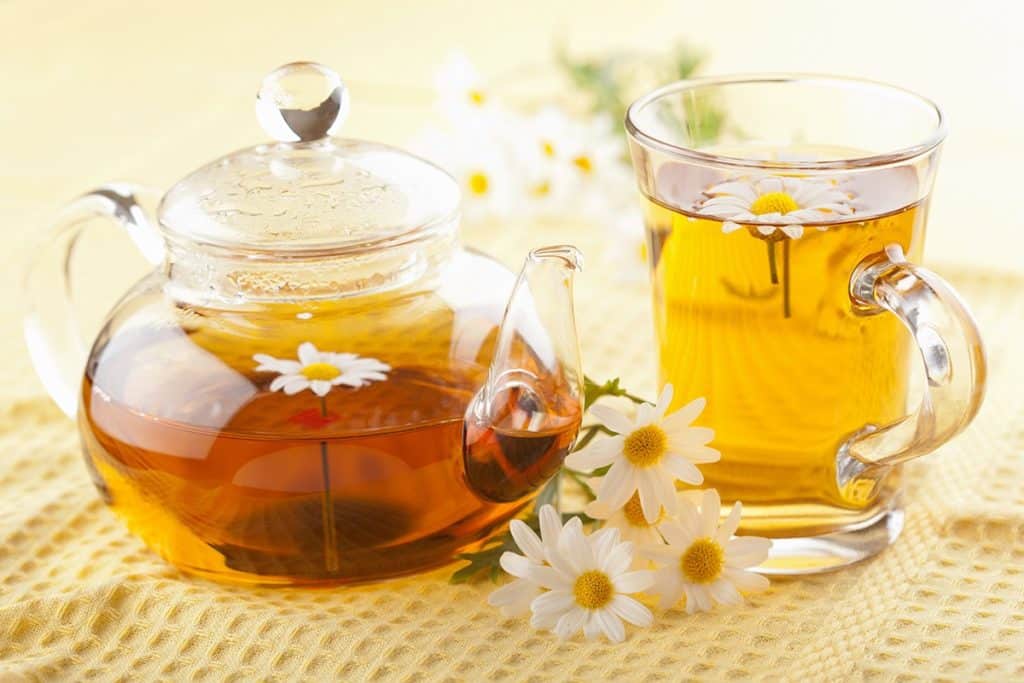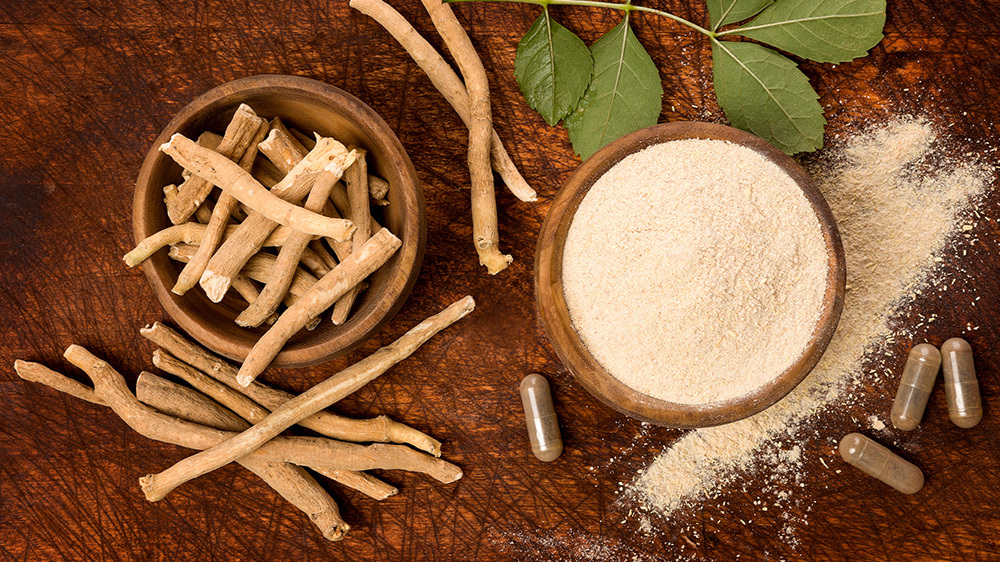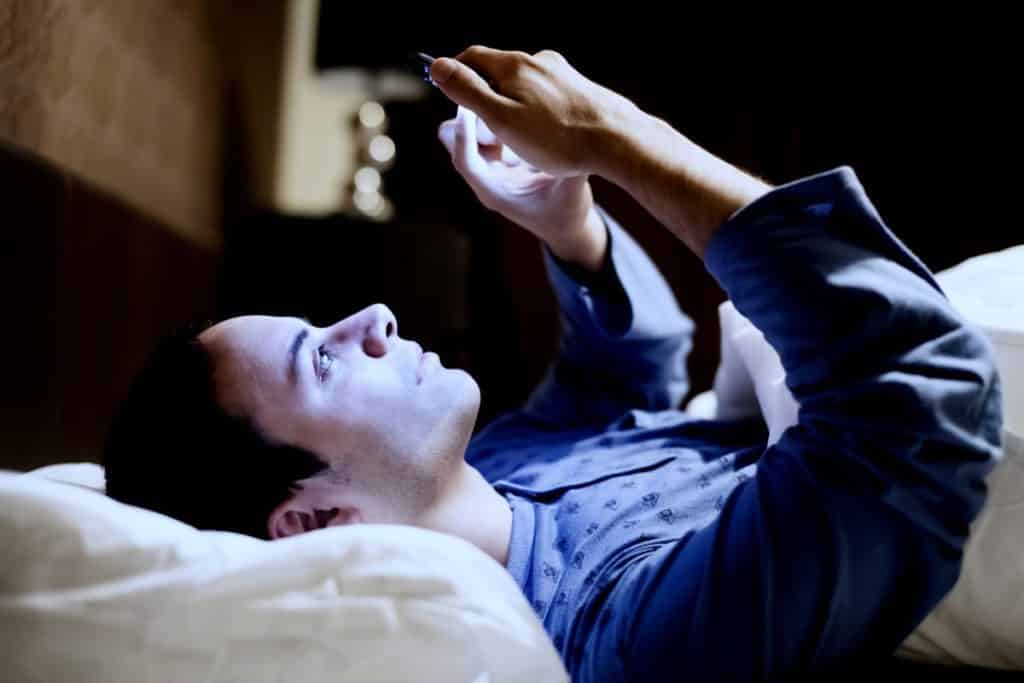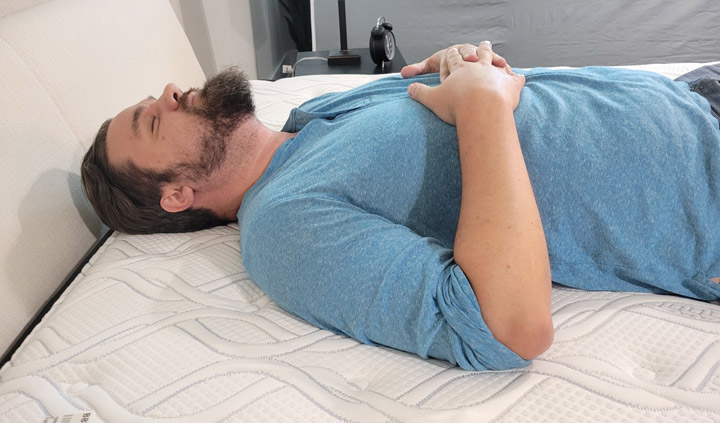In a world where sleep often eludes us, many seek solace in the age-old tradition of consuming tea. Sipping tea before bedtime has long been cherished for its potential to induce a state of relaxation and pave the way to a restful night’s sleep.
The benefits of consuming teas for different ailments are almost endless, but when it comes to aiding sleep, there are a few that stand out above the rest. In this article, you’ll find out exactly which teas help you sleep.
The Best Teas For A Good Night’s Sleep
Drinking tea is a soothing activity in itself, but some teas have active ingredients that help to relax the body and nervous system, aiding a great night’s sleep. These are some of the best teas you can drink to help you get that much-needed shut-eye.

Chamomile Tea
Chamomile tea has many health benefits and is an ancient medicine that has been used for hundreds of years. Studies have shown that chamomile is able to relax the body, helping those that consume it to fall into a deep sleep.
Valerian Root Tea
Valerian Root tea can help those struggling with insomnia, but it needs to be consumed on a regular basis for its effects to actually aid sleep. Experts recommend drinking valerian tea one to two hours before bed on a regular basis to enhance its sleep-inducing effects.
Lavender Tea
Drinking lavender tea helps calm brain activity while boosting dopamine and reducing cortisol, creating the perfect state for the mind and body to fall asleep. Lavender is also known to reduce inflammation, boost immunity, detoxify the body and support digestive health, so there are many benefits to consuming this tea.
Passionflower Tea
Passionflower tea is believed to provide calming effects by increasing the amount of gamma-aminobutyric acid (GABA) in the brain. GABA reduces the activity of certain brain cells, which causes an anti-anxiety effect on the body.
Magnolia Tea
Magnolia bark has been used to treat patients suffering from insomnia, anxiety, and depression for many years. It works in a very similar way to passionflower, in that the chemical compound found in magnolia increases the production of GABA. This, in turn, reduces activity in brain cells which aids sleep.
Low Caffeine Green Tea
Low-caffeine green tea has been proven to reduce stress and improve sleep quality. This is thought to be because of the high levels of the amino acid theanine in low-caffeine green tea.
How Do Bedtime Teas Work?
Bedtime teas work in many different ways, but most of them contain a compound that reduces brain cell activity and helps you to relax. Others work to reduce hyperactivity in the central nervous system, which soothes anxiety and promotes restful sleep.
Who Should Drink Tea Before Bed?
Anybody that suffers from insomnia or poor sleep quality can enjoy the benefits of consuming tea before bed. It’s important to stay away from high-caffeine teas and stick to the teas that can actually aid feelings of sleepiness, like the ones listed above.
How Much Tea Should I Drink Before Bed?
If you want to drink herbal tea to increase sleepiness before bed, then it’s important to do so at the correct time. It’s best to drink one cup of tea (250 ml) at least one to two hours before you plan to go to bed. This gives the active ingredients time to take effect, while also giving yourself enough time to go to the bathroom before bedtime.
Related: Hydration and Sleep: Is it Good to Drink Water Before Bed?
Benefits and Drawbacks of Bedtime Tea
Is bedtime tea right for you? There are many benefits, but just like anything in life, it comes with its drawbacks too. It is best to consume bedtime teas in reasonable amounts and to avoid mixing them with other medications. If you are pregnant or breastfeeding, consult a doctor before consuming bedtime teas.
| Benefits | Drawbacks |
| Falling asleep faster | Excessive intake could lead to poor quality sleep (due to increased caffeine) |
| Increased quality of sleep | May lead to nighttime urination |
| Wake up feeling rested | Excess Chamomile can lead to bleeding risks |
| Reduced anxiety | Could lead to severe drowsiness |
| Reduced stress levels | Herbal teas can interact with medications |
Bedtime Tea Alternatives
If you are cautious about consuming bedtime teas, there are alternative supplements that could be a better fit for you.
Magnesium
Magnesium can aid your sleep by activating the parasympathetic nervous system, which relaxes the body and brain in order to prepare you for sleep. It should be taken on a daily basis in the correct doses. While men can take 400-420 mg daily, women should stick to 310-320 mg daily.
Ashwagandha
Ashwagandha helps you sleep because there is a special compound called triethylene glycol that is contained within the leaves. It’s this compound that induces feelings of sleepiness. Ashwagandha is best taken in the evening as a “moon milk”, which is a combination of warmed milk, ashwagandha, and nutmeg.

Melatonin
There is a direct link between melatonin and sleep because melatonin is known to regulate the circadian rhythm. It helps those who struggle to switch into relaxation mode in the evenings and is best taken 30 – 60 minutes before bedtime.
Vitamin D
Vitamin D can help people fall asleep, and a deficiency has been linked to less sleep and feelings of fatigue. If you are going to supplement with vitamin D, it’s best to take it on a daily basis with high-fat meals to ensure it is absorbed.
Tips To Fall Asleep Naturally
If you prefer to stay away from consuming bedtime teas or supplements, there are ways to fall asleep naturally and stay asleep all night.
Put Away Electronic Devices
Blue light can affect your sleep, so it’s best to avoid screen time two to three hours before bed to make use of your body’s natural clock (your circadian rhythm). After experiencing dim light for a couple of hours, your body will naturally start to feel sleepy and prepare for bedtime.

Keep Your Room Cool
Your body requires cooler temperatures to reach deep sleep. Wondering what temperature you should sleep in? Many experts recommend a room temperature of between 65 and 69 degrees Fahrenheit for the optimal sleeping condition.
Sleep In A Dark Room
As we now know, your circadian rhythm plays a huge role in your sleep patterns. When light comes into your bedroom, your body starts to wake up. If this happens in the middle of the night or while you’re trying to fall asleep, it can be disruptive. Blackout curtains can help you to achieve a deeper and more satisfying sleep.
Upgrade Your Mattress and Pillows
A comfortable environment plays a huge role in your quality of sleep. Sleeping on a comfortable mattress and supportive pillow goes a long way in getting a restful night’s sleep.

FAQs
What tea is best for anxiety and sleep?
Chamomile is the most recommended tea for sleep. While valerian root tea, passionflower tea, magnolia tea, lavender tea, and low-caffeine green tea are all great for anxiety and sleep, chamomile has been studied more extensively than others, and it’s shown to promote relaxation before bed.
What can I drink before bed to sleep?
The following drinks can help you to fall asleep more quickly when you drink them close to your bedtime:
- Warm milk
- Almond milk
- Malted milk
- Valerian tea
- Decaffeinated green tea
- Chamomile tea
- Pure coconut water
- Lavender tea
- Magnolia tea
- Passionflower tea
What tea does not keep you awake?
Any herbal teas that do not contain caffeine, or contain only a small amount of caffeine, will not keep you awake. Herbal teas and bedtime teas like chamomile, lavender, valerian root, passionflower, magnolia, and low-caffeine green tea are all great to drink before bed.
Is any tea good for sleep?
Most herbal teas are considered good for sleep, provided they don’t have a high caffeine content. You should check the nutrition label before making a cup of tea before bed, because any tea with a high caffeine content will likely keep you up at night.

